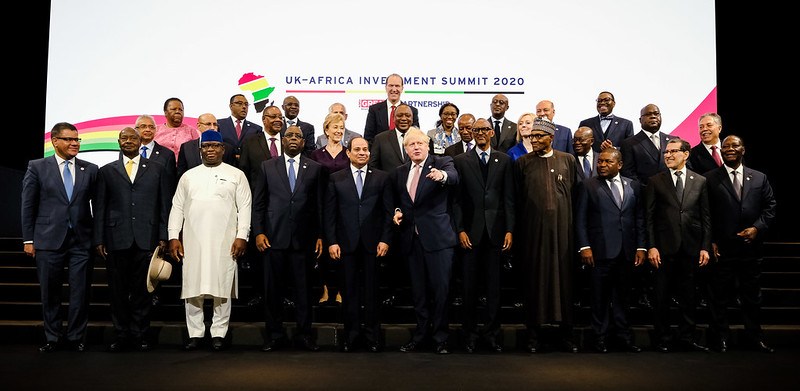In 2020, the world’s largest free trade area will come into force as the African Continental Free Trade Area (AfCFTA) is being implemented.
At the initiative of President Paul Kagame of Rwanda, the treaty has so far been signed by 54 out of 55 African countries, bringing together 1.2 billion people with a combined Gross Domestic Product (GDP) of more than €2 trillion.
The agreement requires member states to remove tariffs and allow visa free travelling, to create a single economic market, similar to the European Union’s.
United Nations has estimated that AfCFTA will boost intra-African trade by over 50% by 2022.
In parallel the African Development Bank (AfDB) is investing heavily in infrastructure projects throughout the continent, to facilitate travel and mobility, and a faster transfer of goods.
“The rate of return in Africa is higher than in many other places in the world,” Akinwumi Adesina, President of AfDB said at the recent Africa Investment Forum held in South Africa, gathering international investors from all over the world. With the implementation of AfCFTA, “we will in 2020 see a more dynamic business environment, with more finalised transactions,” he added. “Africa is bankable, we are seeing more intra-continental investments, funded by African money, managed by Africans.”
"I am so proud that we have achieved what our forefathers wanted to achieve,” Nkosazana Dlamini-Zuma, a South African minister added.
Over the next decade, Africa is expected to play an increasingly significant global role. The continent’s population is projected to double to 2 billion people by 2050, representing a quarter of the world population.
The Brussels Times

